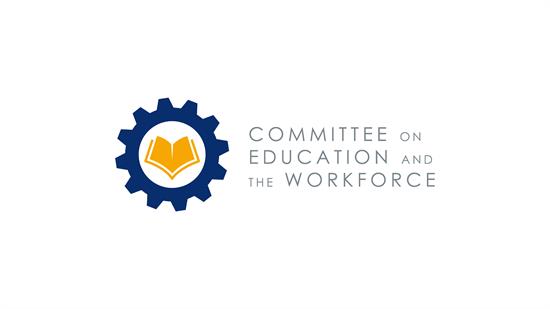Press Releases
Committee Discusses First Amendment Rights on College Campuses
WASHINGTON,
September 26, 2018
Today, the Committee on Education and the Workforce, chaired by Rep. Virginia Foxx (R-NC), held a hearing to examine First Amendment rights on college campuses.
Today, the Committee on Education and the Workforce, chaired by Rep. Virginia Foxx (R-NC), held a hearing to examine First Amendment rights on college campuses.
“All of education, but especially postsecondary institutions, have a duty to develop students’ problem-solving skills. By encouraging students to engage in civil discourse and challenge their own perceptions, they sharpen their analytical skills so that they are prepared to lead the workforce once they graduate,” said Chairwoman Foxx in her opening statement. “But many institutions are taking deliberate steps to curb speech, and are thus extinguishing students’ critical thinking at a vital stage in their professional — yes, professional — development.” The First Amendment to the Constitution protects citizens’ individual liberties, chief among them the freedom of speech. However, freedom of speech on university campuses has increasingly come under partisan attack. “Somewhere over the past two decades, the land of the free has become the home of the easily offended,” Ken Paulson, dean of the College of Media and Entertainment at Middle Tennessee State University, told members. Paulson continued, “You can’t shout down a speaker if you truly understand how diversity of opinions have bolstered our democracy. You can’t censor students or their media if you understand what Thomas Jefferson, James Madison and the first generation of Americans meant by freedom of the press. You can’t try to zone protests off your campus if you appreciate the value of petition and assembly.” In fact, Joseph Cohn, the Legislative and Policy Director at the Foundation for Individual Rights in Education (FIRE), testified that these very rights are being trampled at postsecondary institutions across the country. “Far too many universities—about one in ten, according to our most recent survey—have ‘free speech zones,’ which limit rallies, demonstrations, distribution of literature, petition circulation, and speeches to small and/or out-of-the-way parts of campus,” Cohn said. “Some schools even require students to inform university administrators in advance that they intend to engage in expressive activity, even going so far as to require university permission for such activities.” When Zachary Wood was a student at Williams College, he presided over the student group “Uncomfortable Learning” that aimed to confront inflammatory topics head-on. However, when Wood invited a provocative speaker to campus with the intent of challenging the speaker’s rhetoric, the Williams College president shut the event down. Wood testified to members, “I believe a college education should challenge students to grapple with unsettling ideas. I believe America’s colleges should foster critical thinking, exemplify the pursuit of knowledge, and help prepare students to contribute meaningfully to society. I believe a college campus should be conducive to challenging conversations about pressing issues of our time.” Campus free speech is not a partisan issue. In a 2018 Gallup survey, the majority of college students reported they believe that speech is being stifled on campus. Upholding students’ First Amendment rights is critical to our democracy, and the Committee on Education and the Workforce will continue to examine the evolving postsecondary education landscape and ensure that students’ freedoms and individual liberties on campus are upheld. # # # |
Browse News
Stay Connected

